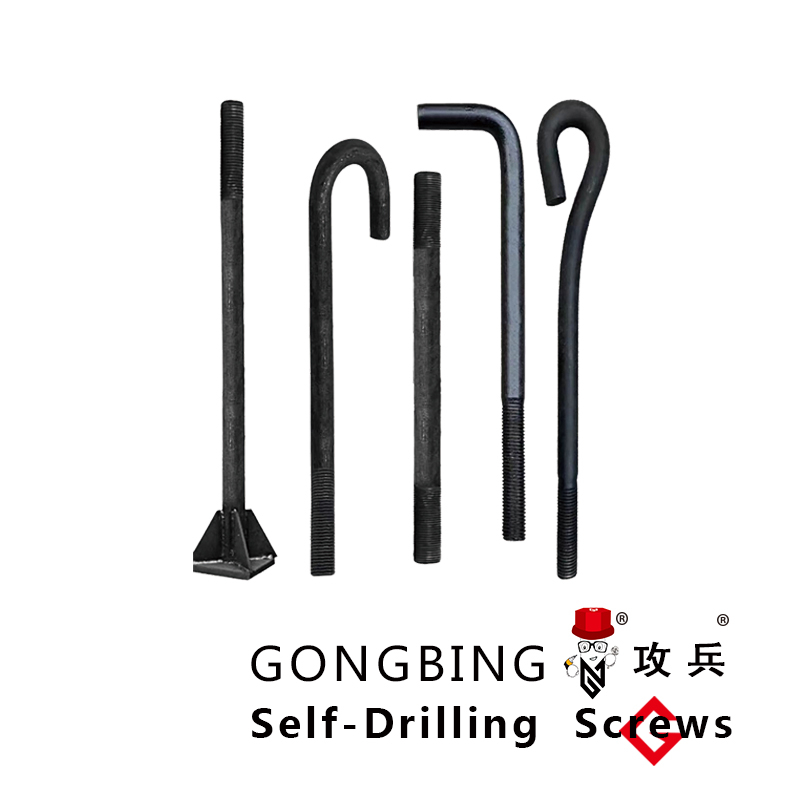ss self screw
Understanding Self-Screwing Fasteners A Comprehensive Overview
Self-screwing fasteners, commonly referred to as self-tapping screws, are integral components in various manufacturing and construction applications. These innovative fasteners simplify assembly processes by allowing builders and manufacturers to join materials without the need for pre-drilled holes. This feature alone has made them a staple in numerous industries ranging from automotive to electronics.
The Mechanics of Self-Screwing Screws
Self-screwing screws are designed with a unique thread pattern that allows them to create a mating thread in the material they penetrate. This thread cuts into the material as the screw is driven in, which not only forms a secure fit but also helps prevent stripping. The design of a self-screwing screw can vary significantly depending on the intended material and application. For instance, screws intended for use in wood typically have sharp points and deeper threads to ensure a firm grip, while those designed for metal may feature finer threads and a more pointed tip to facilitate easier penetration.
Applications in Various Industries
The versatility of self-screwing screws makes them suitable for a wide range of applications. In the construction industry, they are often used to fasten roofing materials, siding, and drywall due to their ease of installation and durability. Similarly, in the automotive sector, self-tapping screws are employed in parts assembly, providing a robust attachment and helping to streamline production processes.
ss self screw

The electronics industry also benefits from these fasteners, where precision and reliability are paramount. Self-screwing screws are commonly used to secure circuit boards and housings. Their design allows for efficient assembly of devices, ensuring both strength and longevity while minimizing manufacturing time.
Advantages of Self-Screwing Fasteners
One of the most significant advantages of self-screwing fasteners is the time-saving aspect they offer. By eliminating the need for pre-drilling, workers can significantly reduce labor time, increasing overall productivity. Furthermore, these fasteners provide a consistent and secure connection, essential for maintaining the integrity of constructed assemblies.
Cost-effectiveness is another crucial advantage. With fewer tools and less labor needed, self-screwing screws can lead to substantial savings in both materials and labor costs over the course of a project. This characteristic is particularly beneficial in large-scale operations where every minute and cent counts.
Conclusion
Self-screwing fasteners have transformed the way industries approach assembly and construction. Their ability to combine efficiency with strong, reliable performance makes them invaluable to engineers and contractors alike. As technology continues to evolve, the design and application of self-screwing screws are likely to advance, further enhancing their role in modern manufacturing and construction. Understanding their mechanics, applications, and benefits is essential for anyone involved in these fields, ensuring projects are executed with the utmost efficiency and reliability.
-
Wedge Anchor Bolts: Secure Fastening SolutionsBerriakAug.05,2025
-
Insulation Fixings: Secure and Durable SolutionsBerriakAug.05,2025
-
Full Threaded Studs: Versatile Fastening SolutionsBerriakAug.05,2025
-
Expanding Fasteners: Secure and Reliable SolutionsBerriakAug.05,2025
-
Butterfly Toggle Anchors: Secure and Easy to UseBerriakAug.05,2025
-
Bracing Solutions for Steel StructuresBerriakAug.05,2025
